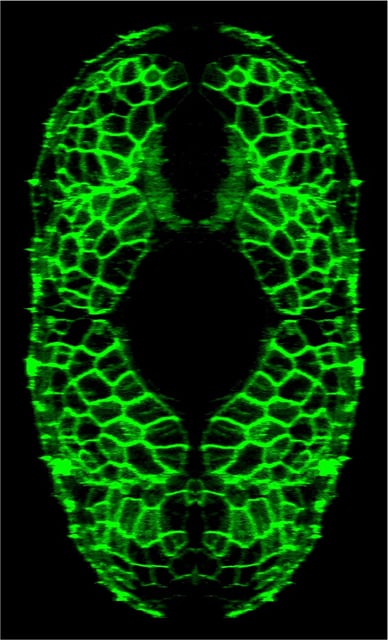Overview
- A study from King’s College London, published in PNAS, reveals that muscle cells possess intrinsic circadian clocks that regulate protein turnover to maintain muscle health.
- Disruption of these muscle clocks, such as through shift work, accelerates aging-related muscle decline, known as sarcopenia.
- Using zebrafish models, researchers observed premature aging traits, including reduced size, weight, and activity, in fish with impaired muscle clocks after two years.
- The study identifies nocturnal protein clearance as a critical process controlled by muscle clocks, preventing the buildup of defective proteins that impair muscle function.
- Preclinical trials are underway to explore therapies targeting clock proteins, aiming to mitigate muscle decline in shift workers and improve overall muscle health.
